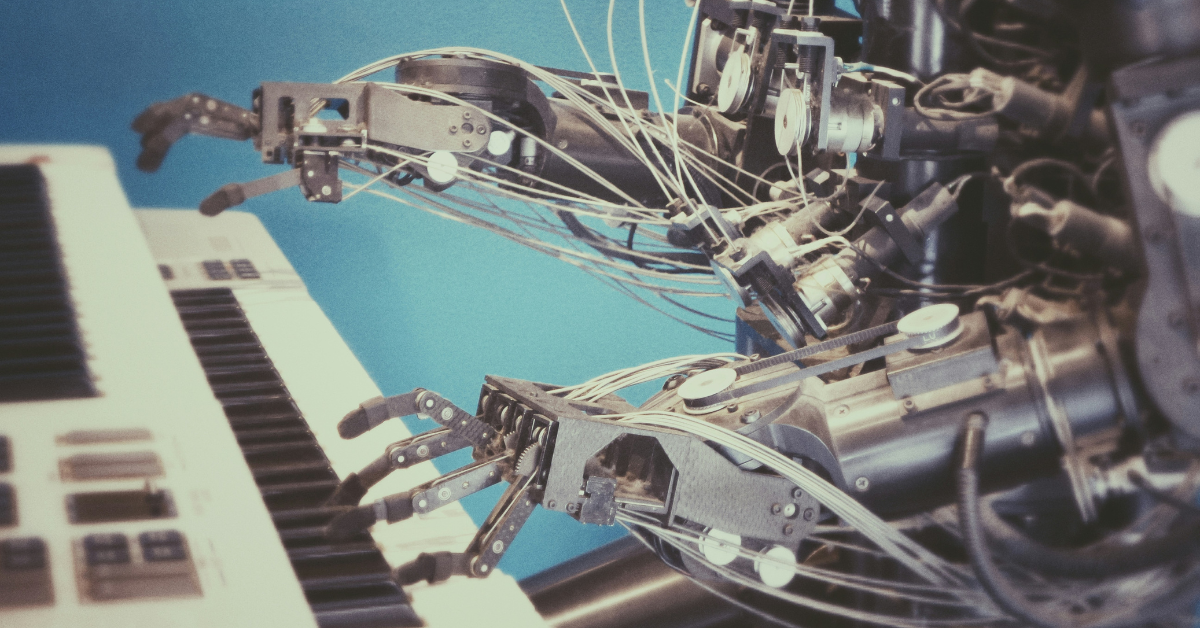AI and Machine Learning
Artificial intelligence, or AI, is the simulation of human intelligence processes by machines. It encompasses a wide range of technologies that enable computers to perform tasks that typically require human intelligence, such as visual perception, speech recognition, decision-making, and language translation. Machine learning is a subset of AI that focuses on developing algorithms and models that allow machines to learn from data and improve their performance over time without being explicitly programmed.
Machine learning algorithms can analyze large amounts of data to identify patterns and make predictions or decisions based on those patterns. This ability to learn from experience sets machine learning apart from traditional programming methods. By continuously refining their models through feedback loops, machines can adapt to new information and improve their accuracy in performing tasks.
The synergy between AI and machine learning has led to significant advancements in various fields such as healthcare, finance, transportation, and entertainment. From personalized medical diagnoses to autonomous vehicles and predictive analytics in business operations – the potential applications of AI are endless.
As technology continues to evolve at a rapid pace, the integration of AI and machine learning into everyday life will only become more prevalent. The future holds exciting possibilities for how these technologies will shape our world and redefine what is possible in the realm of innovation and automation.
The History of Machine Learning
Machine learning, a subset of artificial intelligence, has its roots in the 1950s when scientists began exploring how machines could learn from data. Early pioneers like Arthur Samuel laid the foundation by developing programs that could improve their performance over time without being explicitly programmed.
As technology advanced, so did machine learning algorithms. The 1980s saw a surge in research on neural networks, leading to significant breakthroughs in pattern recognition and speech synthesis. However, progress was slow due to computational limitations.
The late 1990s brought about a renewed interest in machine learning with the rise of big data and more powerful computers. This era marked the development of support vector machines and decision trees as popular algorithms for classification tasks.
Fast forward to today, where deep learning models have revolutionized machine learning by enabling computers to process vast amounts of complex data with unprecedented accuracy and speed. With ongoing advancements in hardware and algorithms, the future possibilities for machine learning are endless.
Advancements in Machine Learning Technology
Advancements in Machine Learning Technology have been nothing short of groundbreaking. With the continuous development of algorithms and computing power, machine learning models are becoming more sophisticated and capable than ever before.
One significant advancement is the rise of deep learning, a subset of machine learning that mimics how the human brain works. This technology has enabled computers to analyze complex data such as images, speech, and text with remarkable accuracy.
Moreover, there have been notable improvements in natural language processing (NLP) systems, allowing machines to understand and generate human language more effectively. Companies are leveraging these advancements to develop chatbots, virtual assistants, and translation services that enhance user experiences.
Additionally, reinforcement learning techniques have revolutionized fields like robotics and game playing by enabling machines to learn through trial-and-error interactions with their environment. These developments signify a promising future for AI technologies across various industries.
Current Applications of Machine Learning
Machine learning is currently being utilized in a wide range of applications, revolutionizing industries across the board. In healthcare, it's helping to improve diagnostics and personalized treatment plans by analyzing vast amounts of patient data.
In finance, machine learning algorithms are used for fraud detection and risk management, enhancing security measures and protecting sensitive information. The retail sector benefits from machine learning through personalized recommendations to customers based on their browsing history and purchase patterns.
Transportation companies are using machine learning for route optimization and predictive maintenance, ensuring smoother operations and cost-effectiveness. Even in entertainment, recommendation engines powered by AI enhance user experience by suggesting content tailored to individual preferences.
The current applications of machine learning continue to expand rapidly as more industries recognize the potential for innovation and efficiency that this technology brings.
Potential Impact on Industries
As artificial intelligence and machine learning continue to advance, their potential impact on industries is becoming more apparent. In healthcare, AI algorithms can analyze vast amounts of medical data to help doctors make more accurate diagnoses and treatment plans.
Moreover, in finance, machine learning can be used to detect fraudulent activities and predict market trends with greater precision. The manufacturing sector benefits from AI-powered robots that streamline production processes and improve efficiency.
AI is also transforming the retail industry by personalizing customer experiences through recommendation engines based on shopping behavior analysis. Additionally, in transportation, self-driving vehicles are being developed using machine learning algorithms for improved safety and convenience.
The integration of AI into various industries is revolutionizing operations, enhancing decision-making processes, and ultimately driving innovation across sectors worldwide.
Ethical Considerations and Concerns
As artificial intelligence continues to advance, ethical considerations and concerns have become a significant topic of discussion. One major concern is the potential for bias in AI algorithms, which can lead to discriminatory outcomes. Ensuring that AI systems are developed with fairness and inclusivity in mind is crucial to mitigate these risks.
Another ethical dilemma is the impact of automation on jobs and the workforce. As AI technology evolves, there is a growing fear of job displacement and economic inequality. It's essential for policymakers and businesses to address these challenges proactively by implementing training programs and policies that support workers in transitioning to new roles.
Privacy issues also arise as AI systems collect vast amounts of data from users. Safeguarding personal information and ensuring transparency in data usage are key considerations moving forward. Striking a balance between innovation and privacy protection will be paramount in shaping the future of artificial intelligence ethically.
Predictions for the Future of AI and Machine Learning
As we look ahead to the future of artificial intelligence and machine learning, it is clear that these technologies will continue to revolutionize various industries. With ongoing advancements in AI algorithms and computing power, we can expect to see even more sophisticated applications emerge.
The potential impact on healthcare, finance, transportation, and many other sectors is immense. From personalized medicine and predictive analytics to autonomous vehicles and smart cities, AI will play a vital role in shaping the way we live and work.
However, with great power comes great responsibility. It’s crucial for developers, policymakers, and society as a whole to address ethical considerations surrounding AI technology. Ensuring transparency, accountability, and fairness will be key in harnessing the full potential of artificial intelligence for the benefit of humanity.
In the coming years, we can anticipate further integration of AI into everyday life - from improved virtual assistants to enhanced cybersecurity measures. The possibilities are endless as researchers push the boundaries of what is possible with machine learning.
Exciting times lie ahead as artificial intelligence continues its transformative journey through innovation and discovery. Embracing this evolution with cautious optimism will pave the way for a future where intelligent machines work alongside humans harmoniously towards a brighter tomorrow.
















Article Comments
What's on your mind? Leave a Comment.